Maclean’s on the Hill, Nov. 11: What Trump means for Canada
It’s the big question on everyone’s mind. So this week’s politics podcast tries to figure out Donald Trump’s rise—and how it’ll affect Canadians.
Share
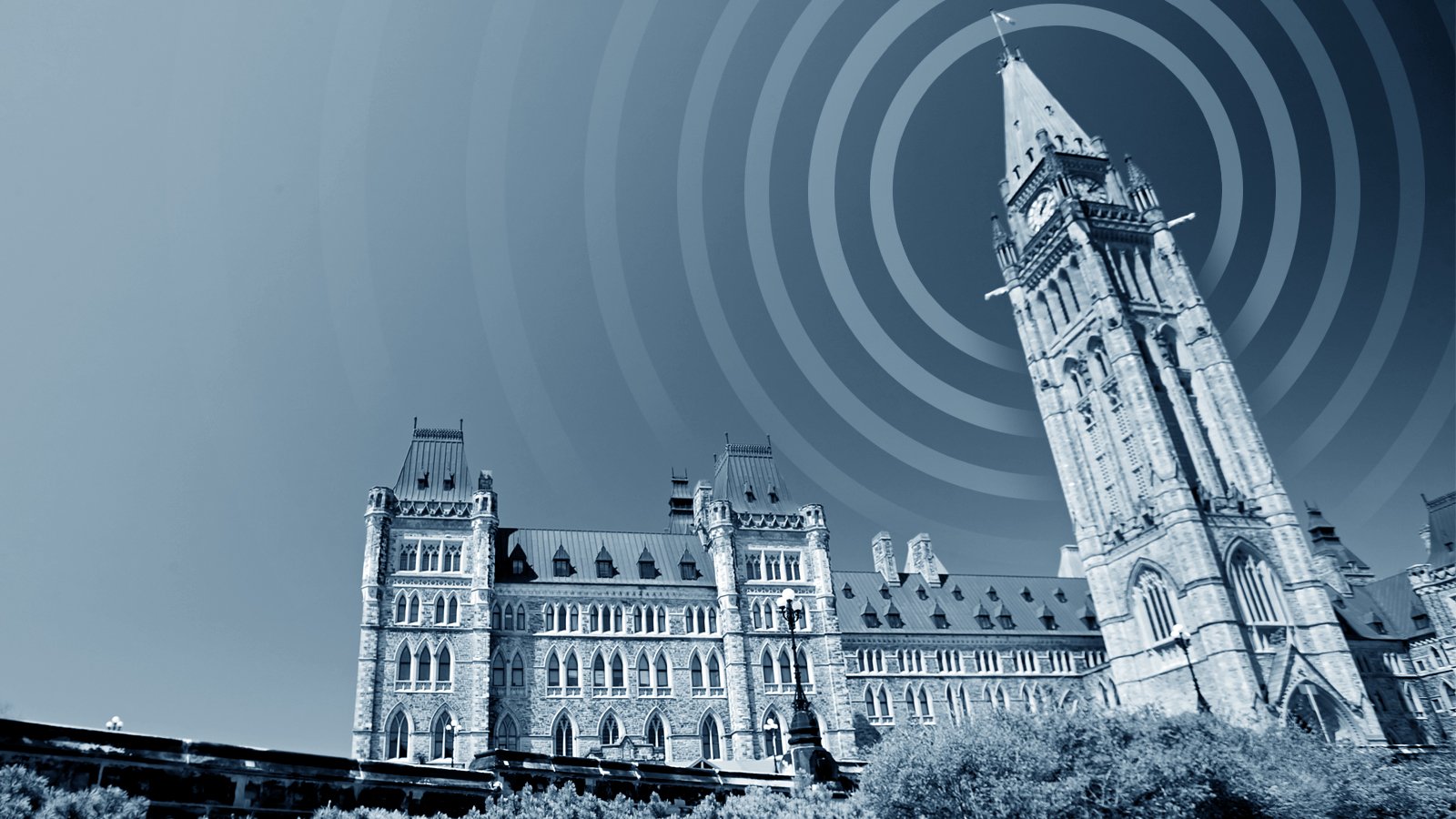
Each week, the Maclean’s Ottawa bureau sits down with Cormac Mac Sweeney to discuss the headlines of the week. This week: Canadians grapple with the meaning and the aftermath of the U.S. election that made Donald Trump a president-elect.
Subscribe on iTunes today or play below.
The full episode
Part 1. How Donald Trump became president-elect
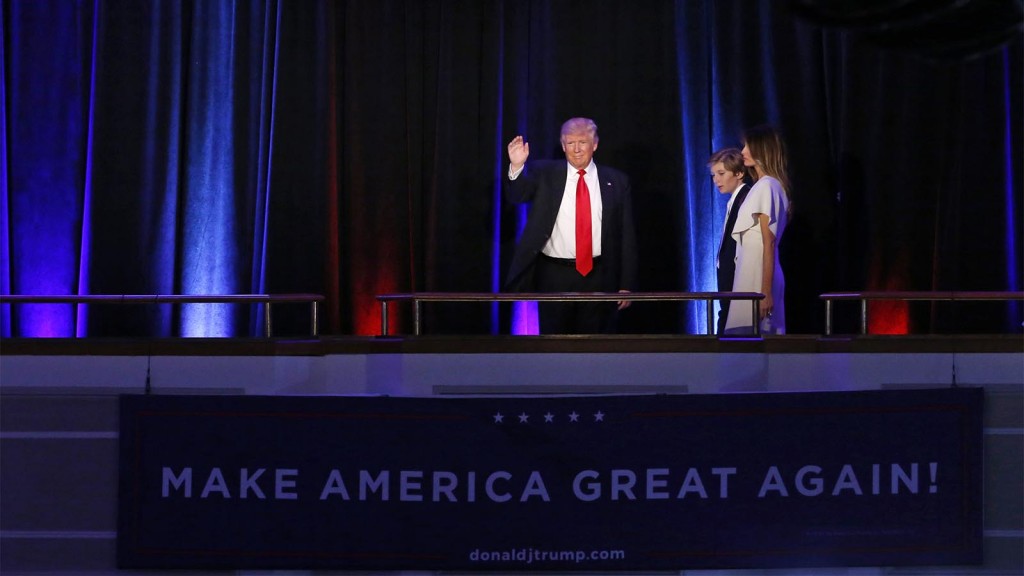
Well, it happened. Despite the polling and the punditry, Donald Trump trounced the Democrats’ Hillary Clinton to win the U.S. election; he will be inaugurated as the 45th President of the United States in January. It’s all anyone interested in politics can talk about—how did this happen? Jonathon Gatehouse, who wrote a ten-chapter longread tracking his ascendance, has some answers.
Part 2. Tom Mulcair calls for Trudeau to talk tough to Trump
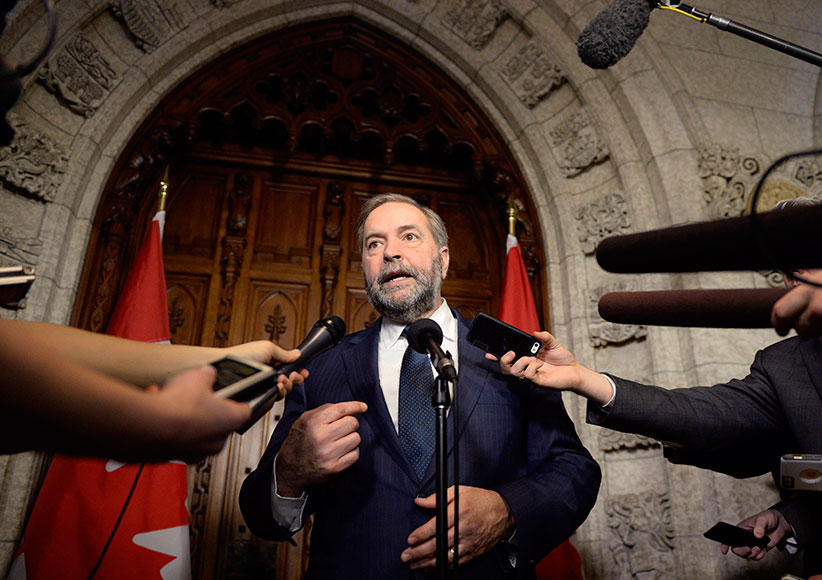
For Justin Trudeau, the election of Donald Trump poses huge tactical issues, on NAFTA, climate change, and more. But Trudeau has so far remained positive about the relationship between his office and a Trump White House. NDP interim leader Tom Mulcair, however, thinks left-learning voters want to hear more than mere statecraft.
Part 3. Could Trump-style politics come to Canada?
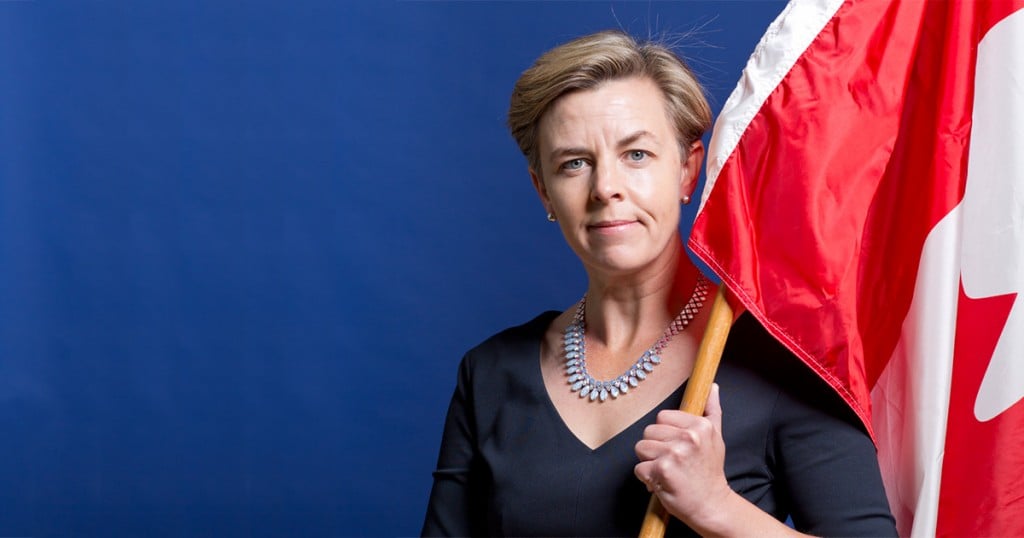
During the U.S. election, Canada’s immigration website went down—a light-hearted reflection of Americans considering fleeing the country in the wake of Trump’s election victory. But Canadians shouldn’t get too smug; Trump’s victory has been welcomed by at least one politician who is hoping to become the leader of the opposition Conservative Party: Kellie Leitch, who pitched a values test for incoming Canadians. Former Conservative cabinet minister James Moore explains why he thinks Trump-style populism won’t take root in his party or his country.
Part 4. Kent Hehr on the veterans’ file
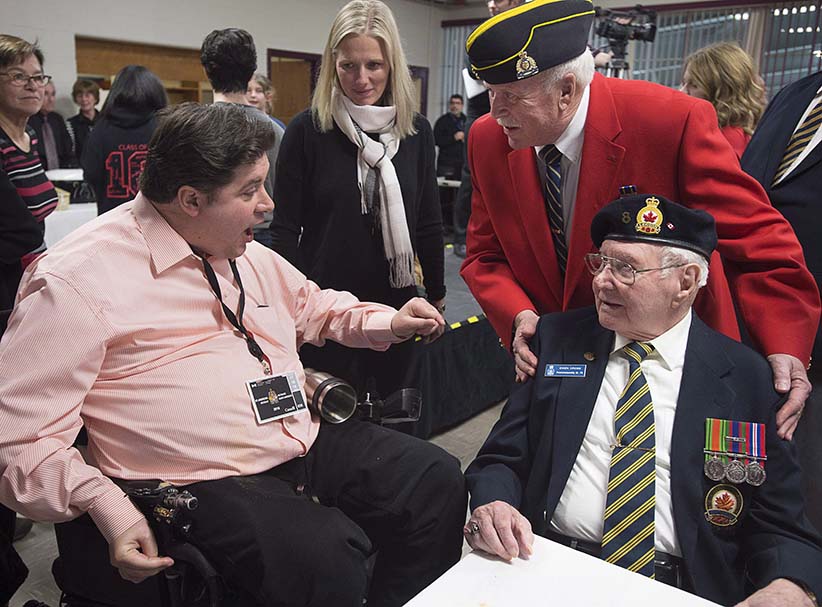
To mark Remembrance Day, Kent Hehr—the minister of veterans’ affairs—spoke to Cormac about progress and problems in his department, and what comes next.
OUR BUREAU’S TOP READS
-
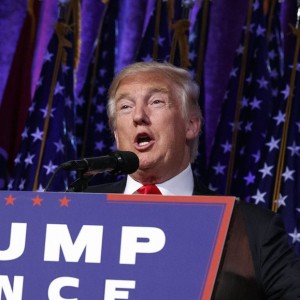
ON TRUMP
How Donald won the White House -
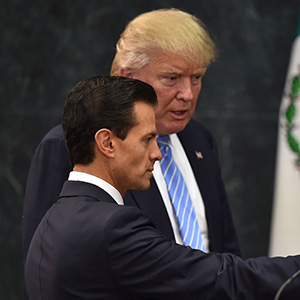
ON FORIGN POLICY
What is Trump’s approach to the world? -
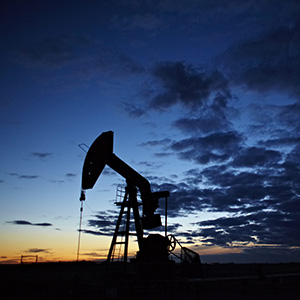
ON OIL
Will Trump help Alberta? -

ON NAFTA
Can Trump tear it up?
[widgets_on_pages id=”Politics”]